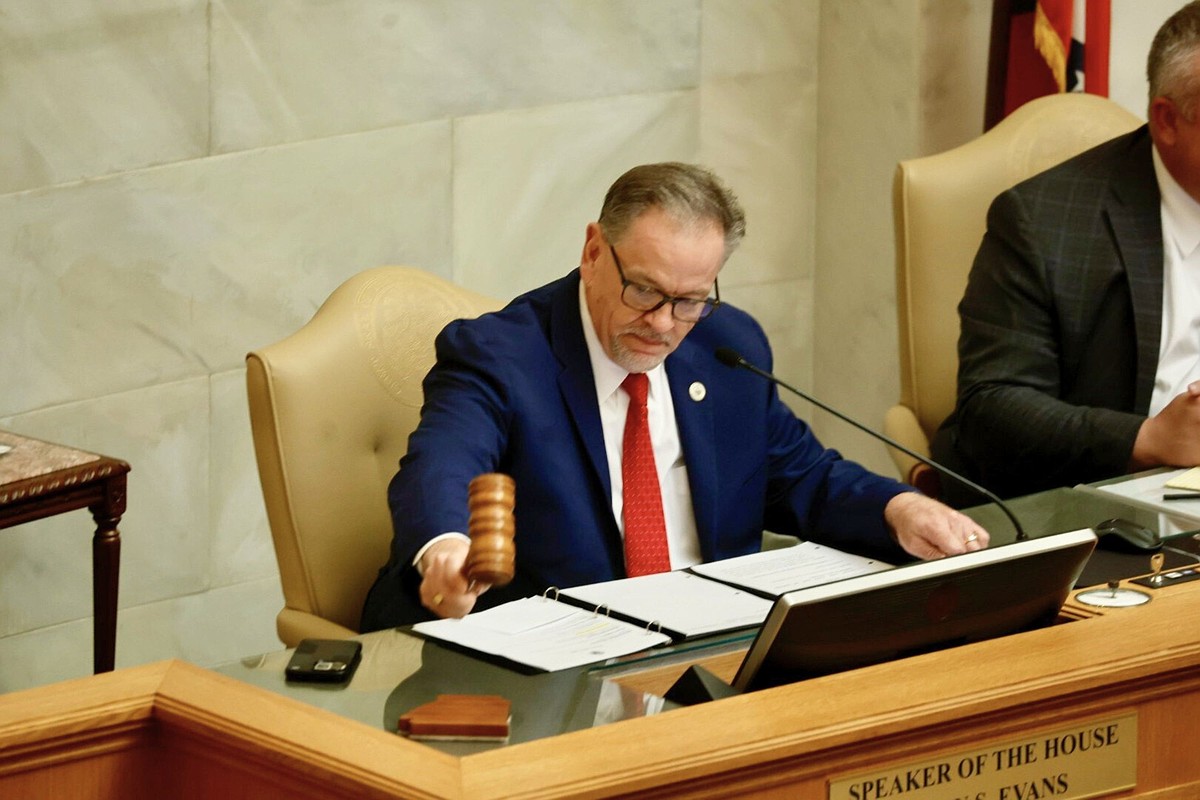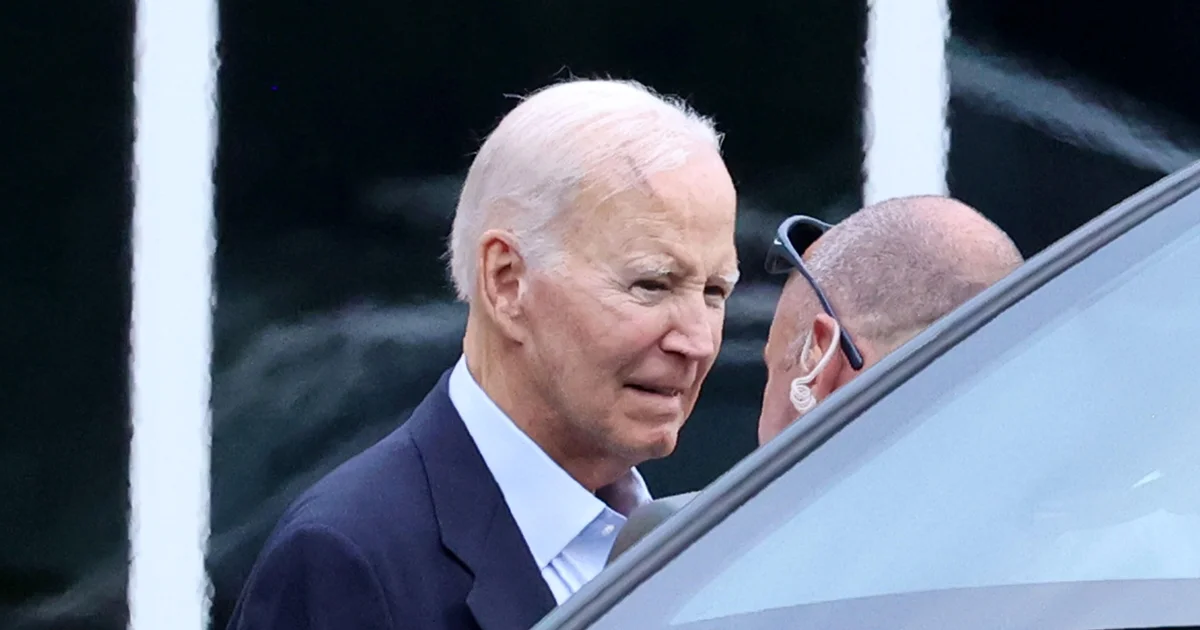Copyright Arkansas Online

Citing “unprecedented challenges,” Arkansas House Speaker Brian Evans, R-Cabot, – along with colleagues in four other states – signed onto a letter calling for Congressional action to save the forestry industry in the Southeast. The letter, dated Oct. 15, was sent to all six members of Arkansas’ delegation in Washington asking them to take specific actions “that will provide immediate and urgent relief to an industry in crisis.” Among the policy requests was for a 90-day notice before any tariffs that effect the U.S. forestry take effect, claiming recent tariffs from the Trump Administration have given little time to plan for U.S. exporters. “Under current U.S. trade policy, products and shipments from U.S. exporters are becoming stuck en route to their final destination due to immediately imposed tariffs.” Additionally, the letter calls on Congressional support for the European Union to overturn its ban on Sulfuryl Fluoride, a pesticide used to fumigate Southern Yellow Pine wood chips on breakbulk cargo ships. In 2024, the European Union opted to not renew its approval for Sulfuryl Fluoride citing concerns over risks to human health and the environment. “This regulation represents one of the most significant barriers to trade impacting U.S. pine wood exports,” the letter stated. The speakers want Congress to advocate to the European Union approval of a “12-36 month trial run” to allow the pesticide be used to fumigate wood chips on cargo ships. “Forestry sustains thousands of Arkansas jobs, from the mills and loggers to the haulers and equipment suppliers who keep rural communities thriving,” Evans said in a statement. “These policy changes would provide much-needed relief and help secure the future of one of our state’s most important industries.” Along with Evans, the speakers of the Alabama, Florida, Georgia and South Carolina houses of representatives also signed onto the letter asking for help from Congress to help the forestry industry in their respective states. Spokespeople for U.S. Sen. John Boozman, R-Ark., and U.S. Reps. French Hill, R-Ark., and Bruce Westerman, R-Ark., did not return a request for comment. Max Braswell, executive vice president of the Arkansas Forestry Association, said the forestry industry has come under significant economic pressure due to tariffs, high interest rates and a cooling housing market. He likened the forestry industry’s current struggles to the economic woes facing Arkansas’ farmers, who are having trouble exporting their grain. “I would say those folks in the food and fiber world that provide the products we depend on every day are facing some significant challenges,” Braswell said. According to the Arkansas Economic Development Commission, the Natural State is the “second most timber-dependent economy in the nation,” with the forestry industry contributing 4.1% to the state’s economy. In 2023, Arkansas exported $6.45 billion in forestry products with the largest destinations being Canada, Mexico and Japan. To help facilitate exports, the letter also calls for the reopening of markets in Asia, saying a ban on log imports “has closed off a significant market opportunity for the Southeast’s forest sector.” “Pushing for the current administration to work toward reopening the Asian market for U.S. logs and chips through ongoing trade negotiation is crucial for increase demand in the short term for U.S. Forest products,” the letter states. Braswell said the reopening Asian market, particularly China, was crucial for the forestry industry in the Southeast. In March, China announced it was suspending the import of U.S. logs, saying it had detected bark beetles and longhorn beetles in U.S. shipments, according to the U.S. Department of Agriculture. A summary of the policy proposals attached to the letter states that the Chinese import ban is particularly devastating for Georgia, saying, “There is no alternative export market to fill China’s void.” Lastly, the letter calls for the “clarifying language” to be added to the Transshipment Clause, to ensure products made with U.S. forestry products that are imported into the U.S. can claim a tariff exemption. In September, President Donald Trump announced he was imposing increased tariffs on wood products saying U.S. Secretary of Commerce Howard Lutnick “found that present quantities and circumstances of wood product imports are weakening our economy, resulting in the persistent threats of closures of wood mills and disruptions of wood product supply chains, among other things, and diminishing the utilization of production capacity of our domestic wood industry.” Trump’s tariffs – which took effect on Oct. 14, included a 10% tariff on timber and lumber. He also imposed a 25% tariff on upholstered furniture that could rise to 30% Jan. 1, and a 25% on kitchen cabinets and vanities that could rise to 50%, also on Jan. 1, the New York Times reported.



